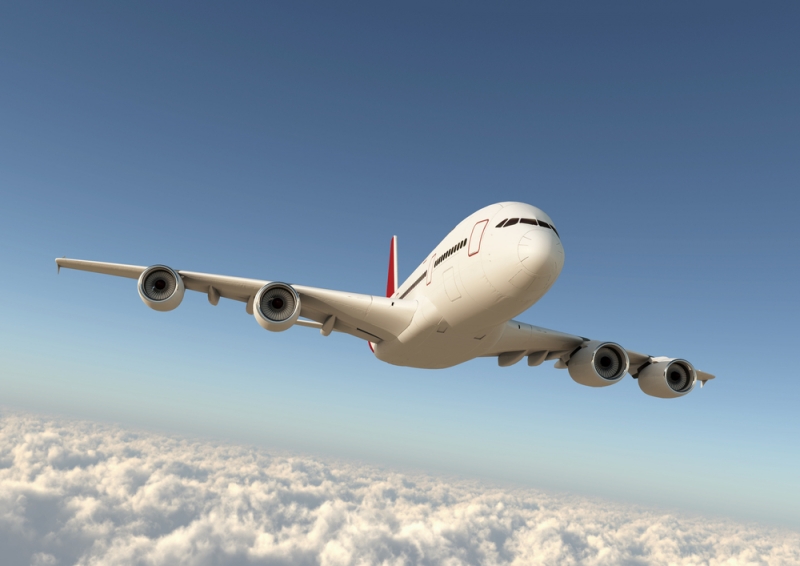Why it matters: Just because the Galaxy Note 7 saga is several years behind us, it doesn't mean the potential dangers lithium-ion batteries pose to aircraft have gone away. Last week, the US Department of Transport and the FAA issued new rules banning these cells and batteries from being carried as cargo on passenger planes. Additionally, those shipped aboard cargo aircraft are now required to have no more than a 30 percent charge.
Safety measures relating to the transport of lithium-ion batteries onboard aircraft have been in place in other countries since 2016. Now, they're part of US aviation rules.
"This rule will strengthen safety for the traveling public by addressing the unique challenges lithium batteries pose in transportation," said U.S. Secretary of Transportation Elaine L. Chao.
The change doesn't mean you can no longer bring lithium-ion-powered devices onto a plane's cabin, where it's easier to tackle a fire than in a packed cargo hold.
As noted by Reuters, the FAA said that a battery fire could exceed the capabilities of an aircraft's fire suppression system and lead to a catastrophic failure. A 2015 study found current firefighting systems on planes weren't enough to "suppress or extinguish a fire involving significant quantities of lithium batteries."
The ban will be felt most by those who order lithium-ion batteries. As they're banned from passenger planes, customers will have to wait for them to arrive via cargo flights. Additionally, the 30 percent-max power restriction will likely mean an end to receiving gadgets that are fully charged.
It's not just smartphones that are at risk from unexplained fires. Back in 2017, a woman's battery-powered headphones exploded on her face while she slept during a flight.
